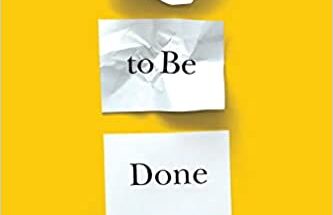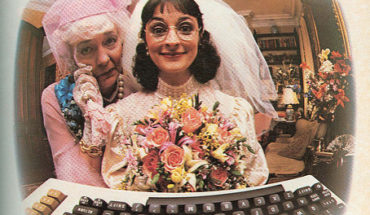 I have a writing friend who never keeps anything beyond that which she needs in the immediacy of her life. I admire her minimalism, but in the core of my being, I am a saver.
I have a writing friend who never keeps anything beyond that which she needs in the immediacy of her life. I admire her minimalism, but in the core of my being, I am a saver.
If you looked at my house, you wouldn’t suspect much. Sure, you would see a lot of books, including a vast library of writing books and most of the novels I’ve ever read, all on shelves. Maybe a few stray magazines on the coffee table. If you opened cupboards, drawers, and closets, you’d find the usual objects in the right places.
But follow me down into the basement, or up the rickety pull down ladder into the attic (where I all too often bump my head), and you will discover my other world. The world of people who, for one reason or another, keep things. (I know that “hoarder” springs to mind right about now.) Some of it is of the “what if I need this one day” variety, like the tent I keep even though I’ve been camping exactly one night in the last ten years (and slept in a borrowed tent at that) or the boxes of fabric scraps that might be useful for as yet unspecified craft projects. Some of it I hold onto because of inertia and the effort required to figure out how to dispose of it while still paying due respect. My father’s 400 classical record collection fits that category. Other stuff I am working my way through — the file drawers of old work papers that need shredding; the clothes, books, and dishes that can be relegated to the Goodwill or the like. And I admit, I am a sentimental old fool and have hung onto trinkets, memorabilia, and gifts from loved ones that currently serve no utilitarian purpose.
Then there is everything else — the detritus of life that seems more valuable the longer I own it because what if … what if I can use it in my writing? Much of it is of the paper variety.
A few examples:
- The dog-eared copy of “Europe on Five Dollars a Day”
- My parents’ correspondence over the course of 30 years when my father traveled regularly on business (in an era when long distance phone calls were prohibitively expensive and email wasn’t even a futuristic fantasy).
- The now-yellowed articles on the women’s movement that took hold in the 70s.
- A complete collection of our twice-weekly college newspaper
- Notes surreptitiously passed back and forth during study hall in high school
A veritable treasure trove for someone whose writing evolves from autobiographical moments. The ideas from the above items swim around in my head, like sperm seeking eggs to fertilize. I cling to them for inspiration and for confirmation of the reality of another time—the facts, emotional tenor, and the language I can slip into my writing.
It would be easier if I were younger. My entire life would be digitized, and I would take for granted that any information I needed, whether my own or someone else’s, could be found on the Internet. But I lived a chunk of my life before computers assumed their essential data production and storage roles.
Sure, I could scan some of these documents, but that would take time I’d rather be using to live (and maybe even write). Plus, there is something about the handwriting on the blue air letters (do they even make those anymore?) and the ink on the newsprint that connects me more to the people, the issues, and the places (or so I convince myself).
So, as long as I’m not moving anywhere in the foreseeable future and not creating a fire hazard, I guess I can hold onto these assets a little longer, can’t I? Maybe somewhere within them will be the secret of that great American novel I have yet to write. Maybe it will be a novel about a woman who holds onto things, hoping that these things will inspire her to write the next great American novel.


